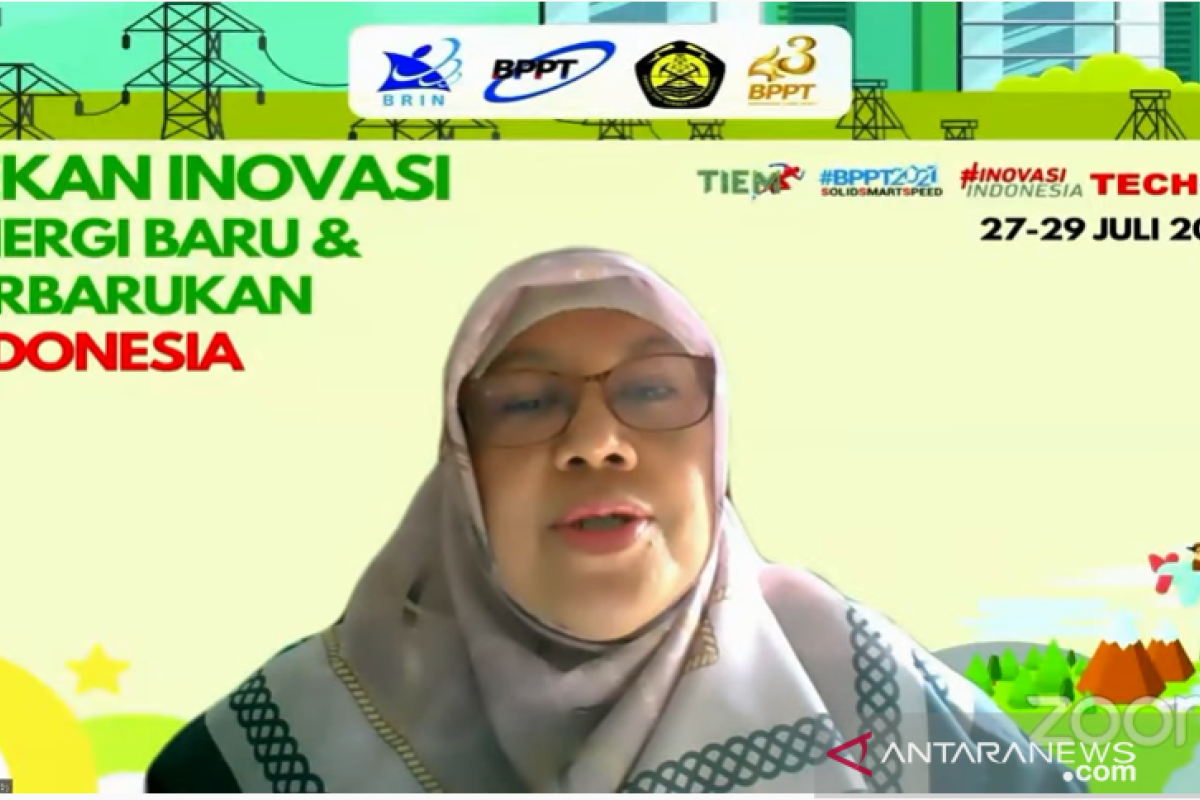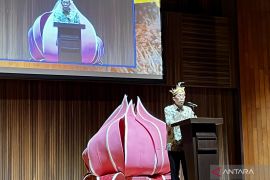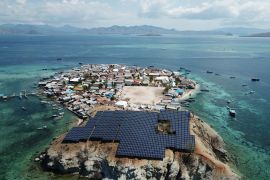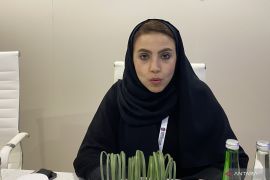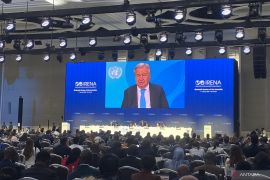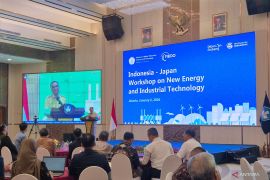The strategy is being created through collaboration between the Directorate General of Renewable Energy and Energy Conservation at the Energy and Mineral Resources Ministry and Germany's Federal Ministry of the Environment, Nature Conservation and Nuclear Safety.
"We hope that (the determined target) can be escalated with the help of international support," bioenergy director at the Energy and Mineral Resources Ministry, Andriah Feby Misna, said in a statement quoted here on Wednesday.
Through the collaboration project framework of Strategic Exploration of Economic Mitigation Potential through Renewables (ExploRE), bioenergy can be used in power plants, she added.
Misna noted that bioenergy will play an important role in helping the nation reach its energy mix as well as emission reduction target since bioenergy can replace oil, gas, and coal.
Related news: Indonesia, Sweden to cooperate in sustainable bioenergy development
Indonesia has been blessed with an abundance of renewable energy sources, especially bioenergy, she said. Bioenergy can in fact be the world's primary energy source, she added.
Currently, the development of waste-based energy is not yet optimal due to four major hurdles: resources, regulation, funding, and technology, she pointed out.
"We continue to collaborate with many groups in a variety of efforts, among them are updating the data on bioenergy potential in Indonesia and the development of bio-CNG," Misna said.
According to the National Energy General Plan (RUEN), Indonesia's bioenergy capacity is expected to comprise 5.5 megawatt bioenergy-based power, 13.9 million kiloliters of biofuel, 8.4 million tons of biomass, and 498.8 million square meter of biogas by 2025.
So far, the nation's biofuel generation has reached 8.4 million kiloliter or equivalent to 60.4 percent of its target, bioenergy 1.9 megawatt or 34.5 percent of its target, and biogas 28.07 million square meter or 5.6 percent of its target
Related news: Indonesian Science Institute offers bio-refinery to support bioenergy use
Translator: Sugiharto P, Fadhli Ruhman
Editor: Suharto
Copyright © ANTARA 2021
